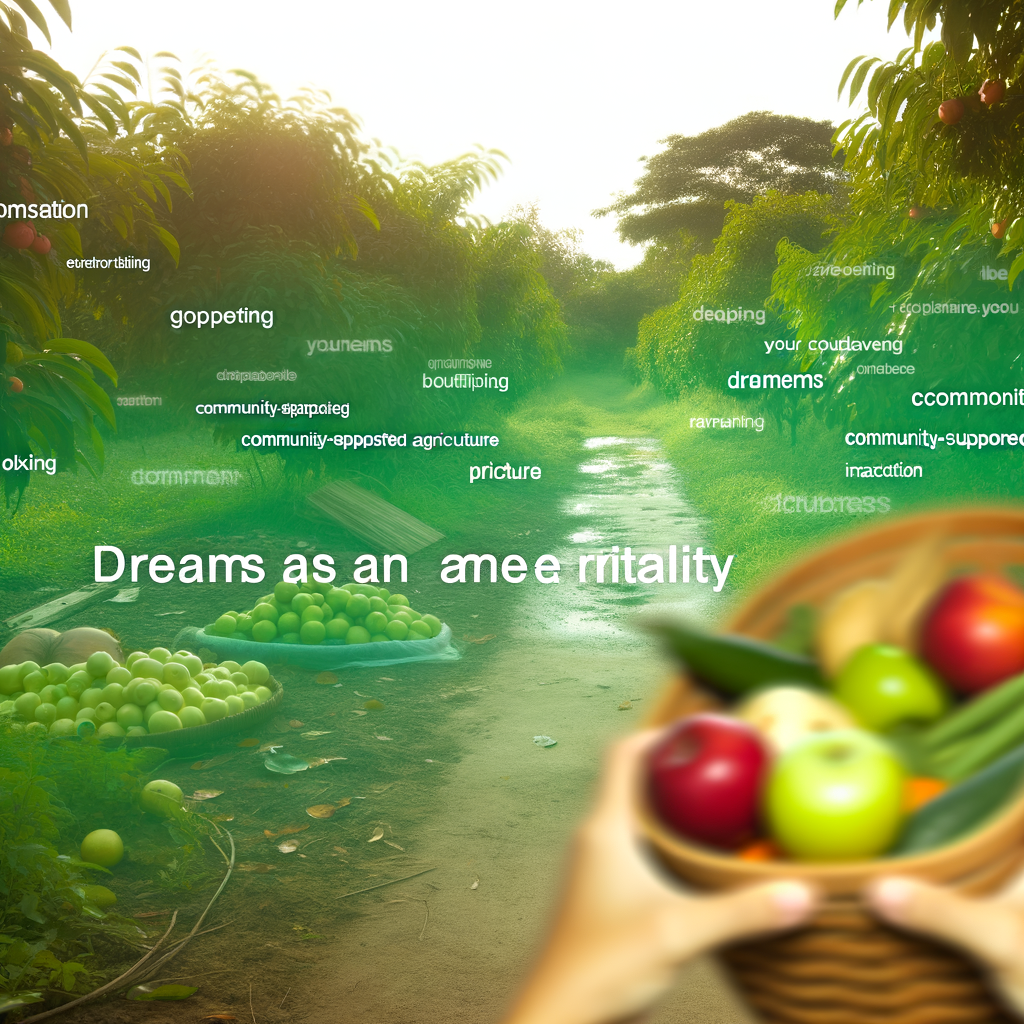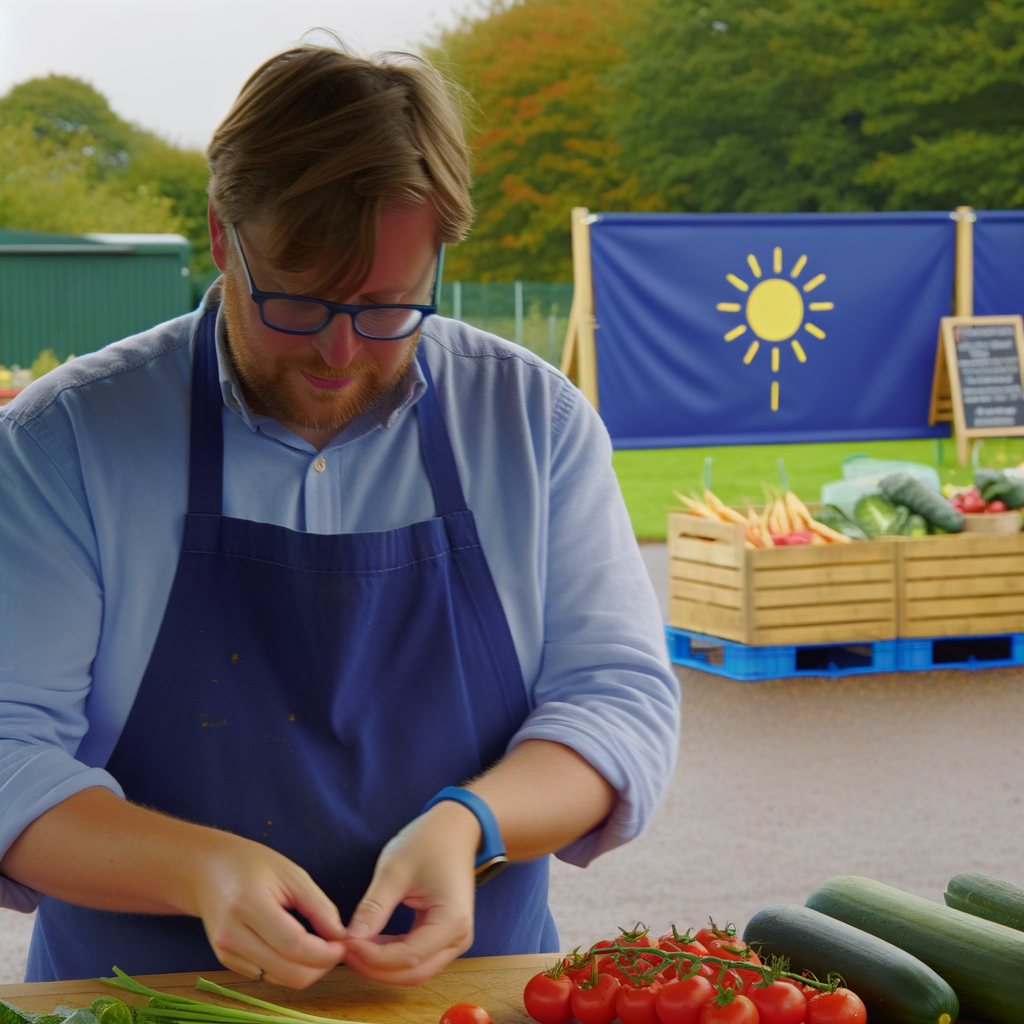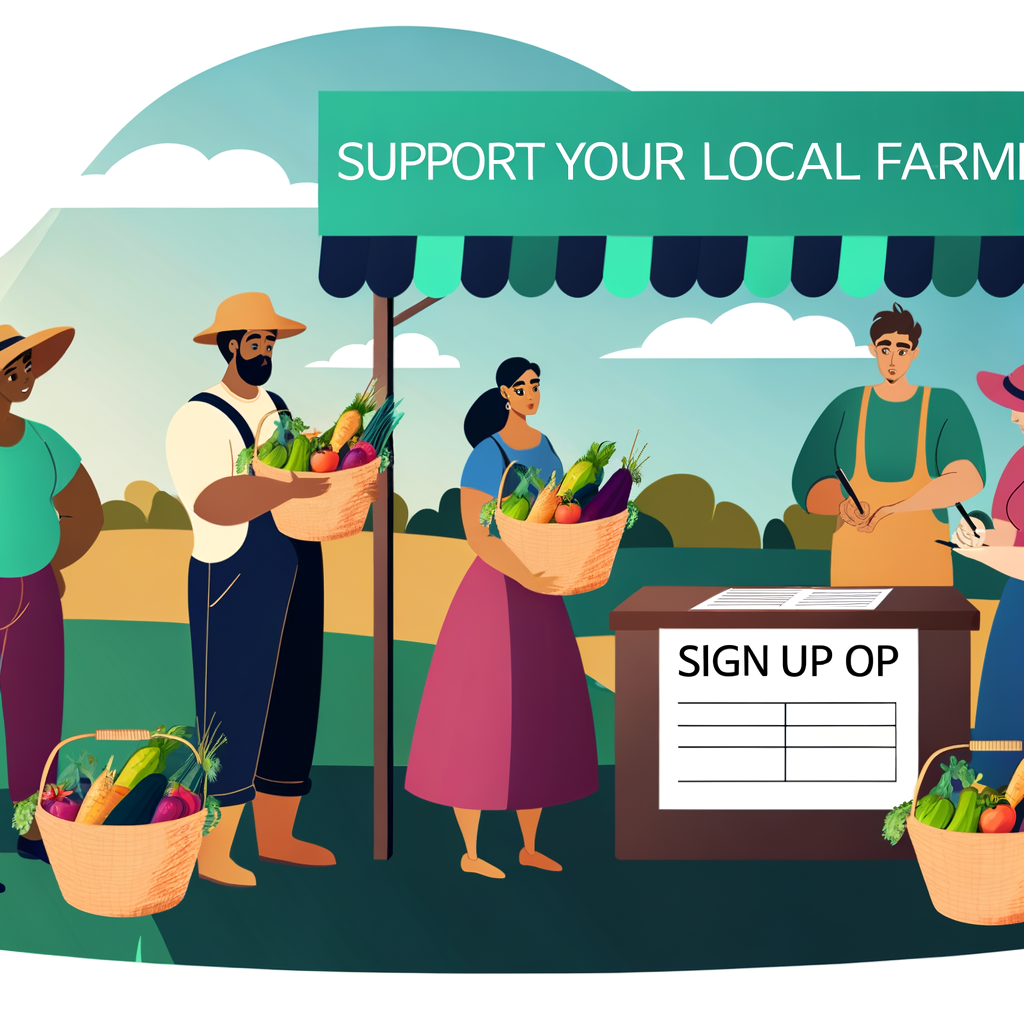As the farm-to-table movement continues to gain momentum, more and more people are becoming aware of where their food comes from and the importance of supporting local farmers. In Europe, one of the most popular ways to participate in this movement is through Community-Supported Agriculture (CSA). CSA is a partnership between farmers and consumers, where members of the community pay a subscription fee to receive a weekly share of the farm’s harvest. This not only provides consumers with fresh, locally-grown produce, but it also supports small-scale farmers and promotes sustainable agriculture.
CSA has a long history in Europe, with the first program established in Switzerland in the 1960s. Today, there are thousands of CSA programs across Europe, offering a wide variety of fruits, vegetables, and even meat and dairy products. These programs not only provide consumers with a direct connection to their food, but they also foster a sense of community as members often come together for events and activities on the farm.
Participating in a CSA program also has many benefits for the environment. By reducing the distance food travels from farm to table, CSA helps to lower carbon emissions and supports biodiversity. Additionally, CSA farmers often use sustainable and organic farming practices, which are better for the land and the health of consumers.
In conclusion, Community-Supported Agriculture is a fantastic way to support local farmers, promote sustainable agriculture, and connect with your community. So next time you’re at the market, consider joining a CSA program and experience the true meaning of farm-to-table.





